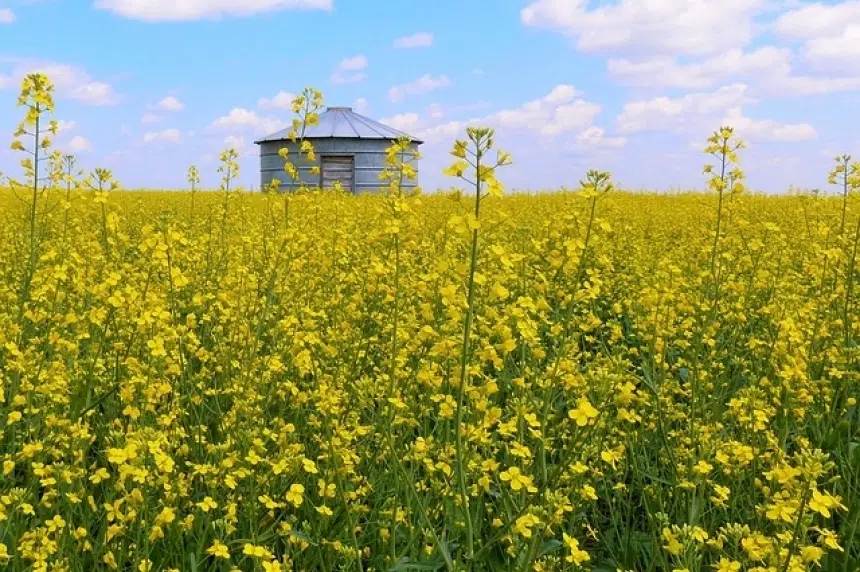As Canada’s dispute with China over canola continues, one farmer from the Fillmore area is eager for vindication.
The country has blocked imports of the crop from two companies — Richardson International and Viterra, the latter of which is based in Regina. China claims it has found pests in the product, something that Marcel van Staveren takes personally.
“We’re all proud of our … practices, our storage techniques, our monitoring, all through the chain from planting to harvest and storage to delivery. At first glance, we’re defensive. If indeed there is a sanitary concern, we’re all over it. We want to correct that,” said van Staveren.
“I think the truth will come out … and it will support our quality and our standards that we’ve always upheld.”
Like many others, van Staveren suspects the reason China has blocked the shipments has less to do with product quality and more about politics. Canada says its discussions with the country will focus on science and technical issues.
He is expecting the dispute to drag out for a while.
“I’m not overly confident for the short term. Some of these things play out over many months and could go into a year-plus,” said van Staveren.
Canola is a major cash crop for the province and China is its biggest customer.
On the Roy Green Show on Saturday, Saskatchewan Premier Scott Moe said 45 per cent of Canadian canola is exported to China, with half of that coming from the province.
“It is in the billions of dollars of exports in seed, in canola oil and canola meal each and every year. Very important obviously to the economy of our province in Saskatchewan but very important also to the broader economy across the nation,” Moe said.
Canadian agriculture faces challenges elsewhere in the world. Moe pointed out there are also problems getting market access for pulses in India and for durum wheat in Italy.
“(It’s) really straining our agricultural situation as we enter our planting season this spring,” he said.
Throughout the dispute, canola prices have dropped. Van Staveren said many farmers are low on cash because instead of selling at reduced prices, they are storing their inventory until the market bounces back.
“It’s 30 to 40 per cent of a lot of farm operations … when you lose one or two dollars per bushel on a crop where you’d expect 40 to 50 bushels per acre, that’s significant revenue,” he said.
On Friday, federal agriculture minister Marie-Claude Bibeau was in Saskatoon to meet her Saskatchewan counterpart, David Marit.
The province asked for a change to the Advanced Payment Program, which allows farmers to borrow money against their product at low-interest, which could be used to pay for input costs.
The request was to increase the ceiling for how much producers can borrow, from $400,000 to $1 million.
The program is intended to help farmers sell their products when the market is favourable rather than when they need cash flow.
Van Staveren said that could help but the ultimate goal is still to reopen the Chinese market. In the meantime, he said farmers are relying on commodity groups like the Canola Council of Canada to reach out to other markets like Japan, India and Mexico.
“We’re going to count on other countries to pick up some of this demand,” he said.







